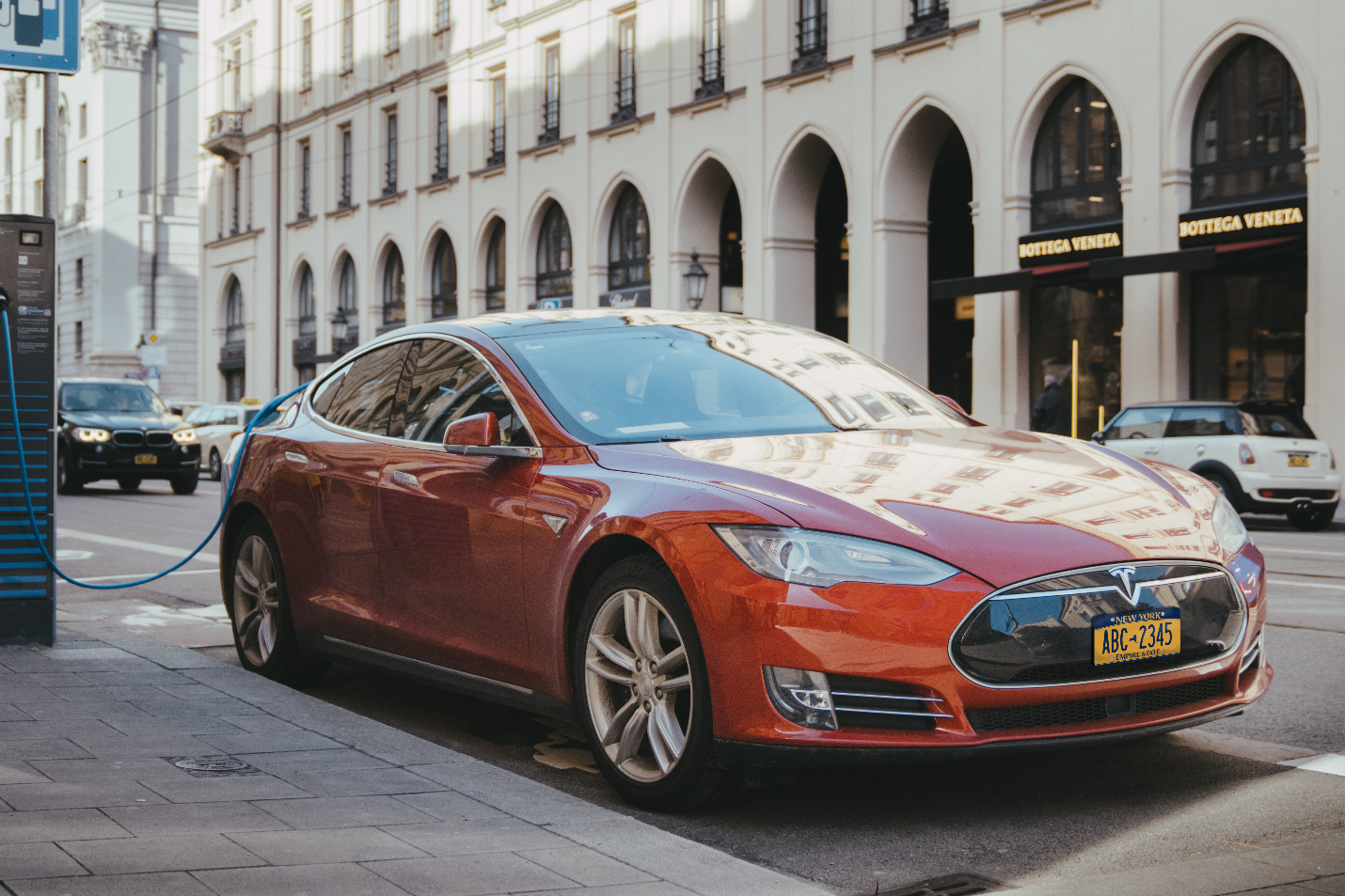Whether you're in the market for an electric car or looking into one
for the first time,
there is a lot to learn about these
eco-friendly vehicles. We’ve put together a beginner’s guide to electric cars that
explains exactly what an electric car is, why you might want to purchase one,
the environmental
impacts they have, and the associated costs. Continue reading to learn more!
What is An Electric Car?
Unlike the more common
gas-fueled vehicles that most of us grew up with, electric cars use motors that
are powered using a battery pack. The original electric car was invented in the
early 1800s and since then electric cars have become more and more popular. To
recharge an electric car, you can install a charging station in your home
or garage, or stop by a public charging station. The mileage that your electric
car can travel on a single charge will vary depending on the make and model,
however it will typically land somewhere between two and three hundred
miles.
What are the Benefits of Driving an Electric Car?
The choice to switch from a gas-fueled vehicle to an electric vehicle
can be driven by multiple factors. One reason that is often mentioned is the
reduced cost in fuel
prices. When you switch to an electric vehicle, you may gain a sense
of “energy independence,” as you are no longer at the mercy of gas station
prices. Whether you charge
at home or on the go, the overall cost in “fuel” is significantly
lower than that of filling up at the gas station.
Another common consideration is reduced maintenance expenses. Electric
cars don’t require regular oil
changes or certain replacement parts, such as radiator hoses, gaskets, or fan
belts.
Do Electric Cars Have Less of An Impact on the Environment?
Although some
studies have shown that electric cars are not doing as much good for the environment as we previously thought, the
research still indicates that electric cars are responsible for fewer
greenhouse gas emissions than gas-fueled vehicles. While no greenhouse gas emissions
come directly from electric vehicles, they do run on electricity which is still
largely produced using fossil fuels across different regions of the world. That
being said, according to CarbonBrief.org,
electric cars are still an important part of meeting global goals on climate
change as they “feature prominently in mitigation pathways that limit
warming to well below the 2-1.5C which
would be in line with the Paris Agreement’s targets.”
What are the Costs Associated with Having an Electric Car?
While we already know that the overall cost of maintaining
an electric car tends to be cheaper than that of a traditional vehicle, there
are costs that come along with owning an electric car
to be aware of.
The first cost to consider is your charging station. Whether you live in a rural area
(away from public charging stations) or would enjoy the convenience of having a
home charging station, this will be an important cost to consider. If the
make and model of your vehicle allows you to plug in to a standard 120-volt
outlet in your home, this may be an option for you. However, it is important to
know that this method of charging takes much longer than a charging station and
that you will need to plan around those charging times. If you opt for a home
charging station, the price will vary depending on the dealer that you purchase
it from. Installation fees are typically separate from the station itself,
which can be costly. For example, installation costs in New
York State can range anywhere from $2,000
to $10,000 per port, depending on your location. This would not include the price
of the unit itself.
Another cost to be aware of is the possibility of higher insurance prices. While
owning an electric car doesn’t make you a riskier driver, it can make you a
greater liability. Although this will
depend on the carrier, insurance costs can often be more expensive since they
can damage more easily and can cost more to repair.
For more information about a car
insurance policy with NYCM Insurance, check out the link below to speak with
one of our trusted agents.








.jpg)




.jpg)




